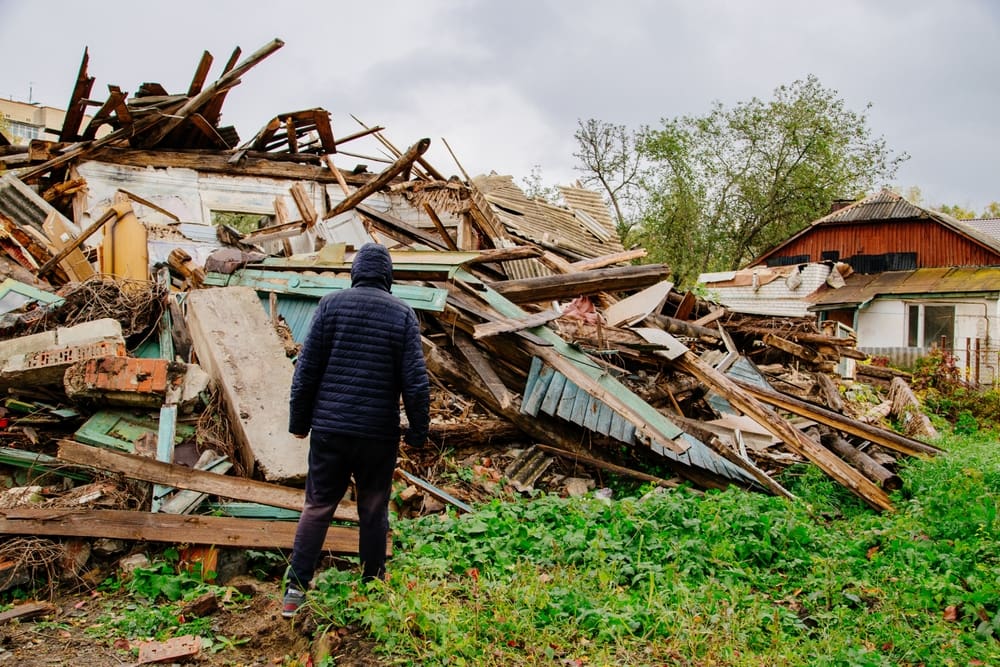Trauma is an ever-present reality in a world marred by crises, war, natural disasters, and societal upheavals. From war-torn regions to communities recovering from devastating floods or wildfires, the collective toll of trauma is immeasurable. In many cases, the impact of these traumas doesn’t simply fade over time. Without effective intervention, individuals can carry the burden of post-traumatic stress disorder (PTSD) for years, and this has widespread implications for both individuals and society.
While there are effective therapies to treat Acute Stress and PTSD, there are far more people who meet the criteria for these diagnoses who will never receive the level of treatment they need. There are many reasons for this, including: barriers to accessing treatment, stigma and not enough providers to meet the demand.
The Economic Burden of PTSD
A 2022 study estimated the staggering annual cost of PTSD in the United States alone at $232 billion. This number includes direct healthcare expenses, lost productivity, unemployment, and disability costs. It’s important to note that while PTSD is often associated with military populations, 80% of sufferers are civilians—people affected by violence, abuse, accidents, and natural disasters. The rise in global trauma from events like COVID-19 and climate disasters has only exacerbated this situation.
How Trauma Impacts the Nervous System
Amygdala dysregulation has been shown to be the central indicator of the development of posttraumatic stress disorder. (PTSD) In a normal stress response, the body is able to return to a baseline or a state of calm once the threat has passed. But for those with PTSD, this down-regulation process doesn’t happen, leaving individuals overwhelmed and exhausted.
A groundbreaking study discovered that a specific protein complex is elevated in individuals with PTSD, preventing the brain from down regulating after the stressful or traumatic situation is over. This research team proposes pharmacological treatment to be given after a traumatic event to potentially prevent the person from developing PTSD. Can this same benefit be accomplished without a pharmacological intervention?
Bilateral Tapping: An Accessible Solution
This is where bilateral tapping comes in. Bi-Tapp’s tapping technology can make a real difference. Bilateral stimulation(BLS) has been proven to inhibit the amygdala. Bilateral stimulation can be provided in three different ways: eye movement bilateral stimulation, auditory bilateral stimulation and tactile bilateral stimulation. The most practical of the three forms of BLS to be used as a stand alone resource is tactile (bilateral tapping). By holding or wearing the tappers, you are able to automatically regulate your nervous system in real time.
Bi-Tapp offers an affordable, non-invasive solution that is a game-changer in trauma recovery. Use the tappers as often as needed.
- As part of immediate stabilization
- During ongoing stress and trauma, such as in war
- As part of post-trauma recovery
Supporting Communities in Crisis
Bi-Tapp is already taking action to bring this powerful tool to those who need it most. In collaboration with local and global communities, Bi-Tapp is distributing Bi-Tapp kits to those in need. One family in a country that is experiencing ongoing war trauma, shared this:
“We were in our bomb shelters, I ended up with my children ages 5-12 in the room, trying to do some bilateral stimulation with their hands and breathing techniques to calm them down in between each siren. They were very worked up and couldn’t settle down to bed for a few hours after. My husband brought the tappers home for us to use. The tappers really helped our children. One had a very bad headache and was shaking from the sirens a few hours earlier. We put the tappers on her wrists and tucked her into bed and she fell asleep within a few minutes. She woke up about a half hour later and said her headache went away and she was able to sleep the whole night with the tappers. She woke up perky and well rested, and she is a child who has a hard time sleeping in general. Later today, we had our 7 year old who was very anxious and clingy, put on the tappers and took a break on the couch and felt so much better as well.”
A victim advocate working with a lady in acute stress stated:
“She was screaming and wailing and pacing the room. I was desperate to help her find relief so I said, ‘Hold these’. She sat there for a while and all of a sudden she said, ‘I feel a lot calmer’. She went from a 10 to a 3 in a short amount of time. We were able to begin to problem solve once she was regulated. It was a beautiful moment.”
Our goal is to provide a simple, non-invasive tool that empowers trauma survivors to regain a sense of calm and control, regardless of their environment.
A Tool for Global Healing
The potential for Bi-Tapp to aid in global trauma recovery is enormous. Imagine a frontline worker, or someone who has just fled their home, being handed a set of tappers. With the push of a button, they can begin automatically regulating their nervous system and moving out of a state of shock, fear and overwhelm. In this way, trauma practitioners across the globe could use Bi-Tapp as a frontline tool in their interventions, offering immediate stabilization and relief to all ages.
Bi-Tapp is a resource even for those who are receiving treatment, who often report sleep disruption, difficulty concentrating and being easily overwhelmed and triggered in the initial stages of treatment. Because the tappers are portable and Bluetooth, you can use them anytime you need help to regulate your nervous system in real time.
This could significantly reduce the emotional and economic burden of trauma on both individuals and societies. The ability to self-regulate is not just about feeling calm—it’s about focusing, working, sleeping, and engaging meaningfully with the world around you. And the benefits go far beyond the individual. When trauma survivors can self-regulate, they are better equipped to rebuild their lives, contribute to their communities, and move forward with resilience.
A Path Forward for Global Trauma Recovery
As we mark World Mental Health Day, it’s clear that trauma is a global issue that demands a global response. It is also clear that Bi-Tapp can play a pivotal role in that response. By supporting the brain’s natural ability to regulate after trauma or during ongoing stress, bilateral stimulation offers a simple, cost-effective way to address the immense burden of post-traumatic stress and PTSD. As trauma continues to affect countless lives across the world, solutions like Bi-Tapp can help ensure that more people have access to the support they need to heal, no matter where they are.
We are bringing an effective resource to help heal trauma on a global scale—one tap at a time.
Bi-Tapp kits provided after the Enoch, UT tragedy
An overview of Bi-Tapp, a regulation resource
A family used Bi-Tapp after a tragedy

